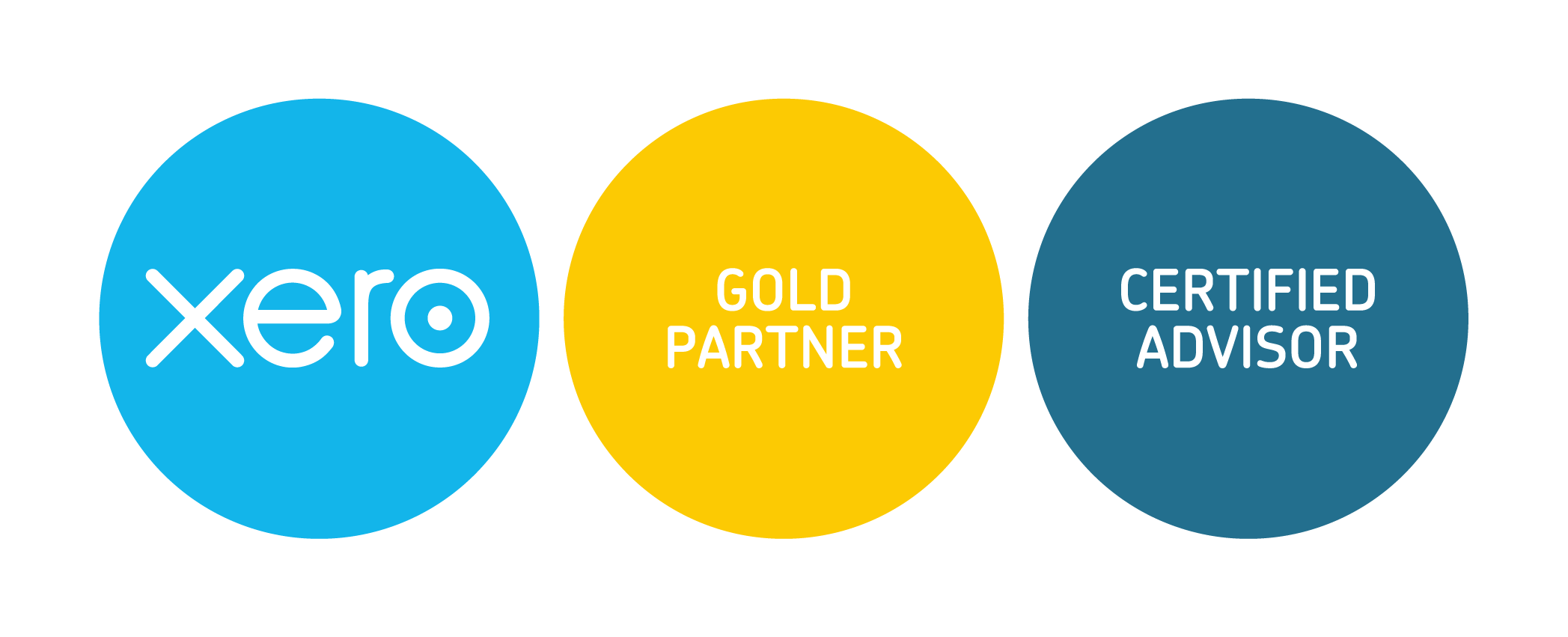If you’re selling items online through platforms like eBay, Vinted, or similar websites, you might be wondering whether you need to report your sales to HMRC. The short answer: it depends. Whether you’re selling personal items or running an online business, your tax obligations can vary significantly. In this blog post, we’ll break down everything you need to know about UK tax rules for online sales and when you should report your profits on your self-assessment tax return.
Do You Need to Report Profits from Online Sales in the UK?
The key question here is whether you’re selling items as a private individual or as a business. Let’s look at the different scenarios:
- Occasional Private Sales
- Personal Items: If you’re simply decluttering or selling items you no longer need (like old clothes, electronics, or furniture), this is usually considered a private sale. As long as you’re not buying goods specifically to sell for profit, you generally don’t need to report this to HMRC.
- No Profits Intended: If you’re just offloading unwanted personal items occasionally, this is not considered trading, and you’re unlikely to be subject to tax.
- Regular Online Selling (Business Activity)
- Intent to Make a Profit: If you’re regularly selling items with the intention of making a profit—especially if you’re sourcing goods to resell at a higher price—this is considered trading, and you must report the income.
- Running an Online Business: Whether you’re using eBay, Vinted, or any other online marketplace, if you’re operating as a business (even a small one), you’ll need to declare the profits from your sales on your self-assessment tax return.
Key Factors That Determine Whether You’re Trading
HMRC will assess several factors to determine if your online selling qualifies as a business:
- Frequency of Sales: If you’re selling items frequently (e.g., daily or weekly), this could indicate you’re running a business.
- Profit Motive: If you’re buying goods to sell them at a profit, this is a strong indicator of business activity.
- Volume of Sales: The more items you sell, the more likely it is that HMRC will consider you to be trading.
- Scale of Operations: If you’re investing in inventory, managing business expenses, or reinvesting profits, this supports the idea that you’re running a business.
What to Report If You’re Trading Online
If you are trading, you need to report your income and expenses on your self-assessment tax return. Here’s what to include:
- Income: Report the total income from your sales, including all transactions.
- Allowable Expenses: You can deduct any legitimate business expenses related to your online sales, including:
- Platform fees (eBay, Vinted, etc.)
- Packaging and postage costs
- Storage costs
- Any tools or services required for your business
- Net Profit: You will be taxed on your net profit (income minus expenses).
Do You Have to Pay Capital Gains Tax on Online Sales?
In some cases, you may need to pay Capital Gains Tax (CGT) if you’re selling personal items. However, CGT typically only applies if you’re selling valuable items like antiques, artwork, or collectibles that have increased in value. You don’t need to pay CGT unless the total profit from your sales exceeds the £6,000 annual exemption.
For example:
- If you sell a vintage watch you’ve owned for years and make a profit of £7,000, CGT might apply to the amount above the £6,000 threshold.
However, for regular household items, this is rare, and you are unlikely to owe CGT.
When Do You Need to Report Your Profits?
If you’re trading, you need to report your online sales by submitting your self-assessment tax return. The deadline for submitting and paying your taxes is 31 January following the end of the tax year (e.g., for the 2023/2024 tax year, the deadline will be 31 January 2025).
What About Low Income or Small Sales?
Even if your income is low or you’re just starting out, you still need to report your profits if you are considered to be trading. There’s no minimum threshold for trading income—if you’re in business, HMRC expects you to report it.
Summary: Do You Need to Report Online Sales?
To recap:
- Private sales of personal items: Generally, no need to report if you’re not making a profit and not selling regularly.
- Regular sales or selling with profit motive: If you’re buying items to sell for a profit, you need to report the income as part of your self-employment income.
- Capital Gains Tax: Only applies to personal items if profits exceed £6,000 and the items are considered collectibles or valuable.
If you’re unsure whether you’re considered to be trading or if you need to report your online sales, it’s always a good idea to consult with a tax professional to ensure you’re meeting your obligations and avoiding penalties.



